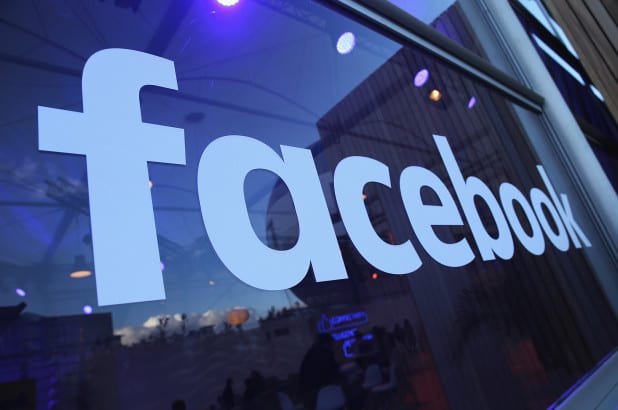
A lot of discussion at the United Nations, where I’ve been all week (blogging about that next week), has raised the question of Libra, the Facebook digital currency. I’m avoiding calling it a cryptocurrency, as it’s more a stablecoin that is focused upon transactions, which is why it has Visa, MasterCard, PayPal and Stripe as part of its partnership network. If you want to know more about Libra, Simon Taylor talked about it on the blog the other day.
The reason it’s being discussed at the UN is because it challenges nation states. If people can freely move money around the network without border authorities being able to oversee what’s happening, that’s an issue.
One area that seems to have been of interest is that, in questioning Facebook on their plans, they had all the answers. They knew it would be controversial, so they thought of every question that might be asked and had a set-list of FAQs to provide answers. I don't have that FAQ list but David Marcus, Facebook's Head of Calibra/Libra, answers some frequently asked questions over here, if anyone wants to check it out.
In particular, a point that came up regularly is that Facebook is not trusted, but Libra is not Facebook. It is a consortia of partners creating a new firm in Switzerland, which is separated. Therefore, you may not trust Facebook with your data, but making a transaction with a currency called Libra via WhatsApp is a different discussion.
Another area of controversy is that the currency seems to be based upon users having a bank account. If you have to use a bank account to adhere with KYC rules, then how does that fit with the idea of the currency being for the unbanked? It doesn’t make sense.
Finally, one member of a meeting I was at dismissed the whole thing as just another form of paying, and there are many others out there. Next year, they thought there would be a range of digital online currencies from those issued by governments, to others from banks or stablecoins from other technology firms like IBM. I’m sure he’s right, but it still poses challenges for nation states if there are currencies that can be exchanged globally without any central authority having oversight.
Anyways, in the spirit of sharing a clearer message, I got this infographic on Libra the other day from Sophie over at Mr BTC. I thought readers might like it …

Chris M Skinner
Chris Skinner is best known as an independent commentator on the financial markets through his blog, TheFinanser.com, as author of the bestselling book Digital Bank, and Chair of the European networking forum the Financial Services Club. He has been voted one of the most influential people in banking by The Financial Brand (as well as one of the best blogs), a FinTech Titan (Next Bank), one of the Fintech Leaders you need to follow (City AM, Deluxe and Jax Finance), as well as one of the Top 40 most influential people in financial technology by the Wall Street Journal's Financial News. To learn more click here...

